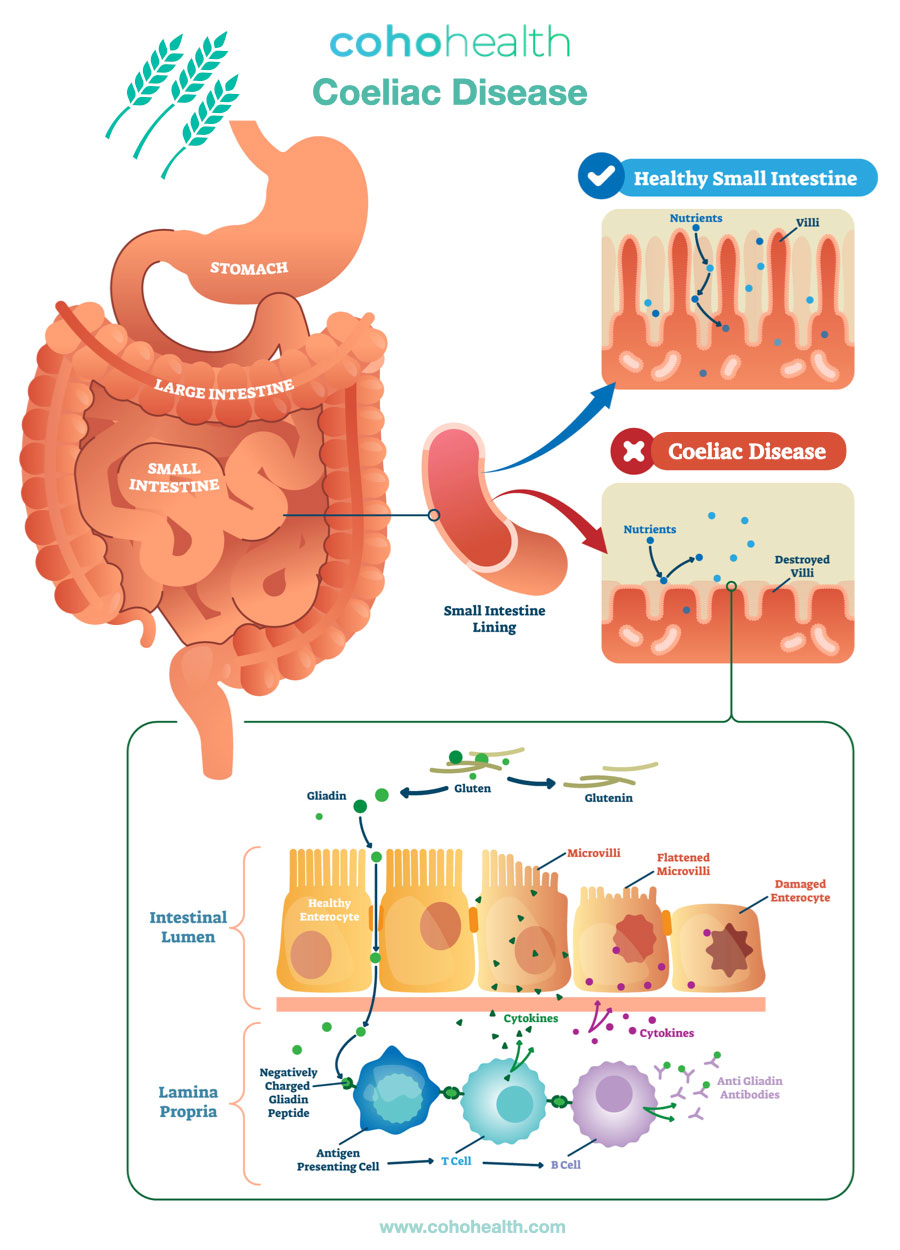Functional Medicine Approach to Uterine Fibroids
In this blog post, we’ll delve into the world of uterine fibroids and explore the functional medicine approach to addressing these common women’s health issues.
Understanding Uterine Fibroids: Causes and Symptoms
Uterine fibroids are non-cancerous growths that develop in the uterus, affecting an estimated 70-80% of women at some point in their lives. While the exact causes of uterine fibroids remain unclear, research suggests that hormonal imbalances, genetics, and environmental factors may contribute to their development.
Common symptoms associated with uterine fibroids include heavy menstrual bleeding, pelvic pain, frequent urination, constipation, and pressure on the bladder or rectum. In some cases, women may experience complications such as infertility, miscarriage, or preterm labor.
Functional Medicine Approach to Uterine Fibroids: A Holistic Perspective
The functional medicine approach to uterine fibroids focuses on identifying and addressing the underlying physiological imbalances that contribute to their development. This comprehensive approach considers factors such as nutrition, lifestyle, stress, and environmental toxins in addition to traditional medical practices.
Assessing Hormonal Imbalance
Hormonal imbalances are a critical factor in the development of uterine fibroids. Functional medicine practitioners use tests like salivary hormone testing and blood tests to assess cortisol, estrogen, and progesterone levels. By identifying hormonal imbalances, healthcare providers can develop targeted treatment plans to restore balance.
Identifying Nutritional Deficiencies
Nutrient deficiencies are common in women with uterine fibroids. Functional medicine practitioners use tests like comprehensive digestive stool analysis (CDSA) and blood tests to identify deficiencies in vitamins, minerals, and other essential nutrients. By addressing nutritional deficits, healthcare providers can help reduce inflammation and promote overall health.
Integrating Nutritional and Lifestyle Changes
Functional medicine practitioners often recommend lifestyle changes and dietary modifications to support women with uterine fibroids. Some key recommendations include:
- A balanced diet rich in whole foods, fruits, vegetables, and omega-3 fatty acids
- Adequate hydration and fiber intake to promote regular bowel movements
- Reduced consumption of processed foods, sugar, and saturated fats
- Incorporating stress-reducing practices like meditation, yoga, or deep breathing exercises
- Getting regular exercise, such as walking or swimming, to improve circulation and reduce inflammation
Supplements and Herbal Remedies
- Vitamin D and omega-3 fatty acid supplements for anti-inflammatory effects
- Probiotics to promote gut health and reduce symptoms like bloating and constipation
- Herbal remedies like black cohosh, red clover, or chasteberry to address hormonal imbalances
- Bioflavonoids, like quercetin, to reduce inflammation and improve circulation
Working with a Healthcare Provider: Integrating Functional Medicine Approaches
If you’re experiencing symptoms of uterine fibroids or are concerned about your risk factors, it’s essential to work with a healthcare provider who incorporates functional medicine approaches. This may involve:
- A comprehensive initial consultation to identify underlying imbalances and develop a personalized treatment plan
- Ongoing monitoring and adjustments to the treatment plan as needed
- Education on self-care practices, stress management, and nutrition to support overall health
Conclusion: Empowering Women with Uterine Fibroids
Uterine fibroids can be a challenging and debilitating condition for many women. By adopting a functional medicine approach, healthcare providers can offer a comprehensive treatment plan that addresses the underlying physiological imbalances contributing to uterine fibroids. With a focus on nutrition, lifestyle changes, supplements, and herbal remedies, women can take control of their health and reduce symptoms associated with these common women’s health issues.
Remember, every woman is unique, and it’s essential to work with a healthcare provider who takes the time to understand your individual needs. By incorporating functional medicine approaches into your treatment plan, you can empower yourself to manage uterine fibroids and improve your overall well-being.


